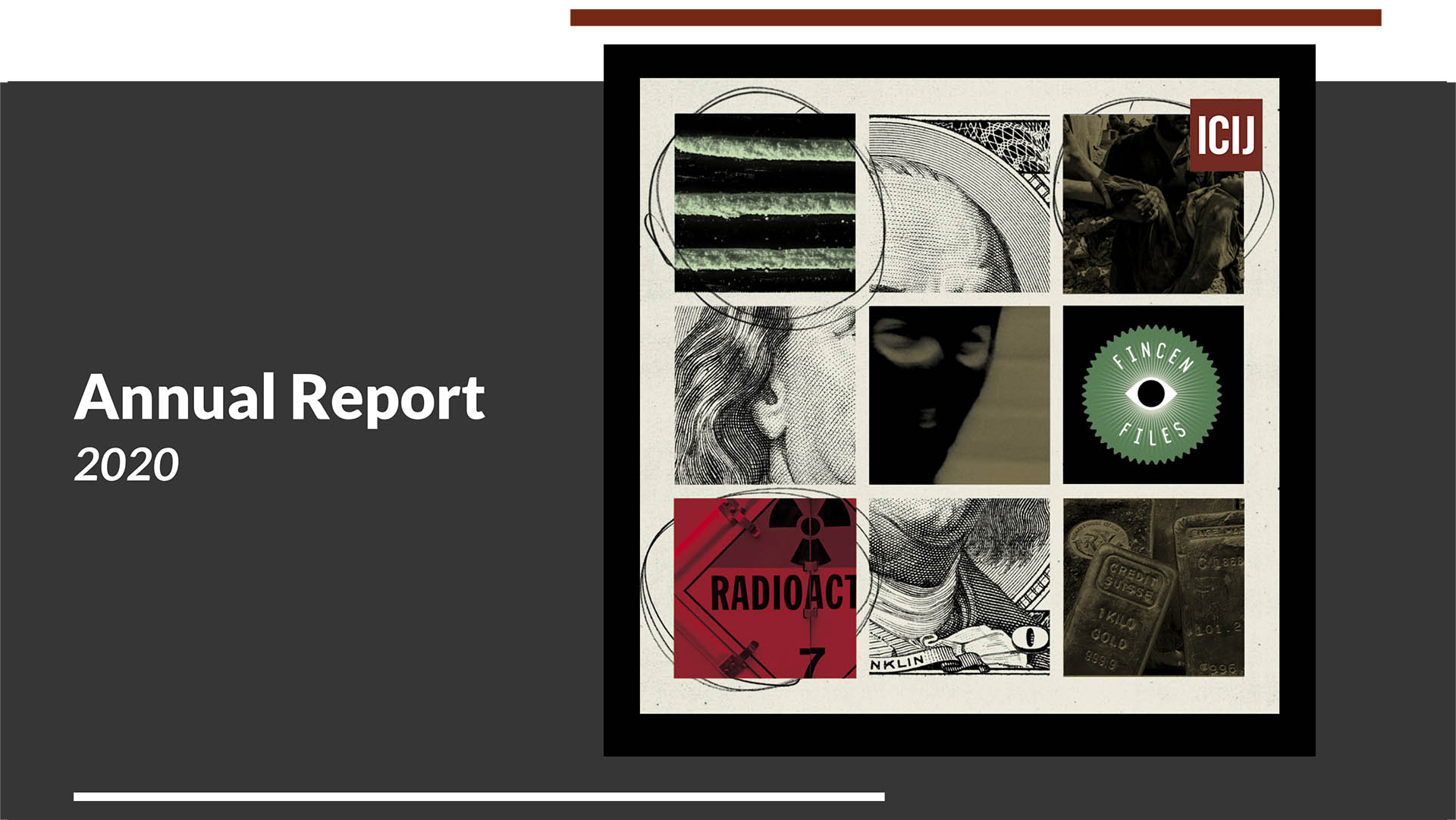As the world went into COVID-19 lockdowns in early 2020, the International Consortium of Investigative Journalists was in the thick of its second major investigation for the year.
ICIJ published Luanda Leaks in January 2020, and was preparing to publish the FinCEN Files in mid-2020 before the pandemic hit. As the full social and economic impact of the coronavirus pandemic rolled around the world, ICIJ’s reporting partners were forced to divert resources away from the investigation (or, in some cases, make drastic budget cuts to ensure survival), and the team of international journalists working on this complex, cross-border financial investigation were finding borders closed and travel near impossible.
But ICIJ’s model of collaborative journalism was uniquely placed to weather this storm. Journalists were able to turn to the network and get on-the-ground help from each other in chasing down leads, sourcing footage, and recording key interviews. The publication of the FinCEN Files investigation in September 2020 was both a logistical feat of incredibly dogged reporting, as well as a testament to the power of journalists working as a team on groundbreaking global stories.
The success and impact of these two investigations also capped a banner year for ICIJ’s storytelling, despite the many challenges to travel, fundraising, network building and other key business operations wrought by COVID-19. ICIJ’s 2020 annual report, published this week, reflects the innovative ways ICIJ’s team adapted to this unprecedented year and reiterates the importance of harnessing technology to empower investigative reporting around the world.
In his introduction to the annual report, ICIJ Director Gerard Ryle has showcased the incredible impact of both Luanda Leaks and the FinCEN Files as evidence that this work is more necessary — and in more need of support — than ever before.
“A few things are clear from these stories. The first, based on enthusiastic and encouraging responses from our readers, is that regular people don’t like corruption,” Ryle said.
“The second is that once presented with clear evidence of corruption, authorities are prepared to act.
“The third is that ICIJ’s model of ‘radical sharing’ and collaboration allows journalists to marshal their individual capabilities to track down and expose high-level corruption — and advance the growing demand for accountability coming from people in every corner of the world.”
Other key highlights from ICIJ’s 2020 annual report include behind-the-scenes details of how each investigation unfolded in 2020, the ongoing impact of our earlier investigations (including China Cables, Panama Papers and more), major milestones in the ongoing development of our tools, technology and methodology, and the continued success of our training programs for the journalists we work with around the globe.



